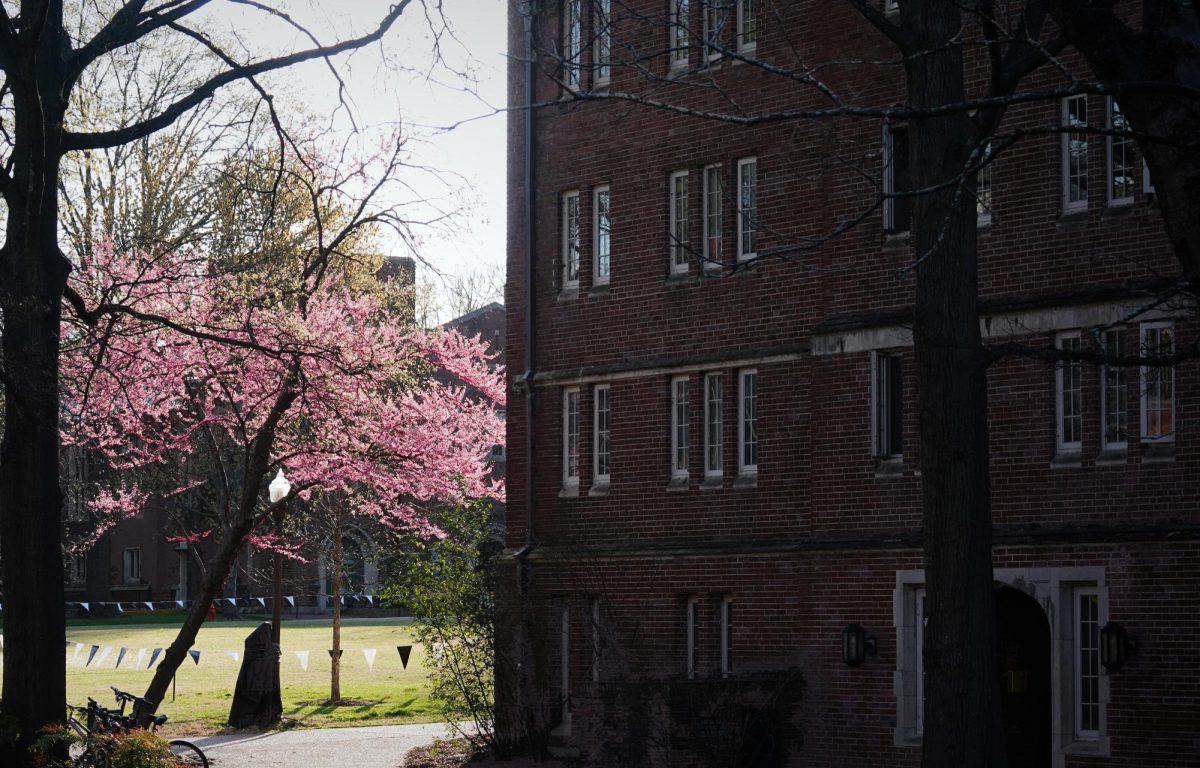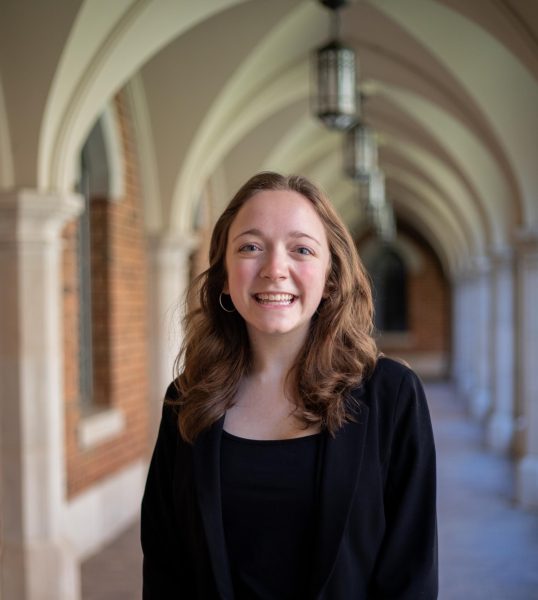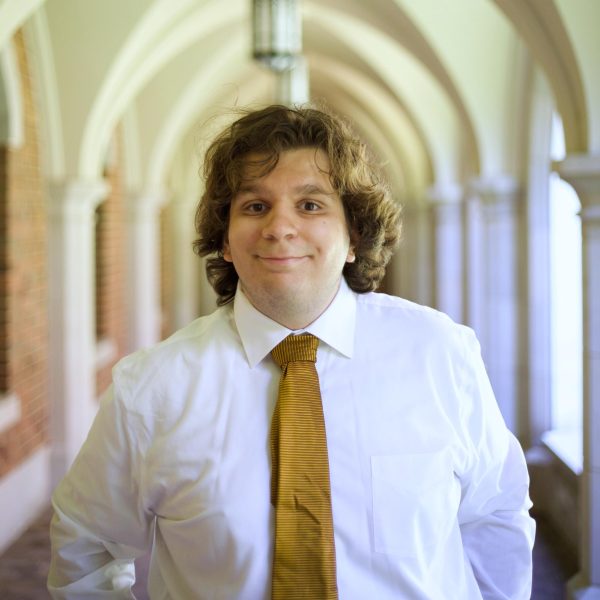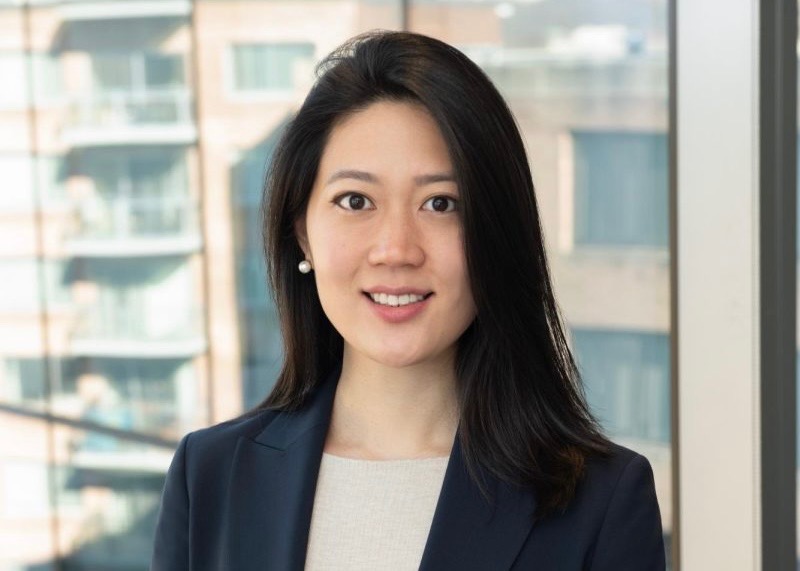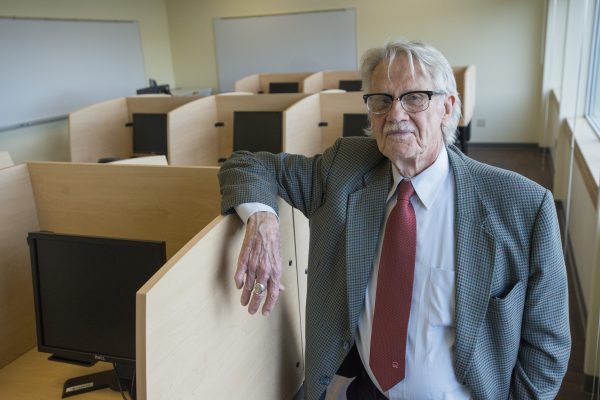Muhammad Yunus (PhD ‘71), recipient of the 2006 Nobel Peace Prize and 2007 Nichols-Chancellor’s Medal recipient, was chosen to lead an interim government in Bangladesh following months of student-led protests against former Prime Minister Sheikh Hasina’s autocratic policies. Hasina resigned on Aug. 5 following an outbreak of violence amid these protests on Aug. 4, during which nearly 100 people were killed and hundreds injured.
Among these autocratic policies was a quota system introduced in June that allocated up to 30% of government jobs to relatives of veterans who fought in the country’s 1971 War of Independence, reversing the government’s dismissal of similar regulations during the 2018 quota reform movement. Protesters alleged that many individuals who stood to benefit belonged to Hasina’s Awami League political party and were already among the nation’s elite. The quota meant there would be fewer stable jobs for the nation’s growing, educated middle class.
Yunus gained recognition for his pioneering work in microfinance and his creation of the Grameen Bank which provides small amounts of capital to support individuals in poverty, particularly women.
Kamal Saggi, economics department chair, praised Yunus’ work in creating opportunities for individuals historically denied them and believes this background will make Yunus an effective leader at this pivotal moment for Bangladesh.
“There’s a famous quote I heard him say once when he started thinking about banking: ‘All the banks just lend to the rich people, and the rich already have money,’” Saggi said. “His whole mindset has been how to help poor people, and I think that transmits as an economist really well to how to help the whole country at large.”
Saggi further acknowledged Yunus’ courage in stepping up as a leader to address Bangladesh’s large-scale poverty and current turmoil.
“It’s a very brave thing to take this on — not a lot of people are going to put their hands up. But his country needs him,” Saggi said. “He was made for this moment from his training as an economist, working in developing countries, helping women, starting the Grameen Bank and leading microfinance. These are things that countries like Bangladesh need more of.”
Student express support for Yunus
The Vanderbilt Association of Bengali Students released a statement on July 18 in support of the student protest movement and condemned the use of violence against these protestors as “a gross violation of their democratic rights.” VABS Senior Adviser Mezbah Mofty said the organization wanted to express its support for Bangladeshi and Bangladeshi-descendent students at Vanderbilt.
“We wanted to stand behind our people who were fighting for their rights but who were then stopped by the governmental regime,” Mofty said.
Senior Lamiya Adri, VABS co-president, said she believes younger generations have seen Hasina’s 15-year rule as straying away from democracy, especially through her lack of support toward protesting students and the human rights violations targeting them. Adri called Yunus’ leadership of the interim government a “moment of joy and happiness” for Vanderbilt students and alumni.
“Obviously, this is a proud moment for us Bengalis as he is representing us worldwide,” Adri said. “He did before, as a Nobel Peace Prize winner, but we feel that with his knowledge and wisdom he can handle the situation that is going on in Bangladesh.”
Mofty echoed this sentiment, saying he believes the change in government to be supported widely among Bangladeshi people. However, he acknowledged that some of this progress may face challenges from the previous administration’s leaders who remain in power.
“People want a change, and that change is basically Dr. Yunus. We hope that through him there will be good changes,” Mofty said. “Then we hope that all the politicians who are going to participate in the elections will learn something from this interim government — how to run the country, how to have the right leadership take over and then go in the prosperous direction.”
Junior Farzana Snigdha said she “wasn’t surprised” to see young people in Bangladesh supporting Yunus’ appointment to lead the interim government as she had hoped he would lead even prior to discovering his connection to Vanderbilt.
“The people of Bangladesh deeply admire him and have long wanted him as their prime minister. I share that sentiment and would love to see him in that role as well,” Snigda said. “As both a Bangladeshi and a Vanderbilt student, I’m incredibly proud of him. He’s the kind of leader any country would be fortunate to have.”
Vanderbilt in the spotlight
Saggi said he sees Yunus’ appointment as a great opportunity to spotlight Vanderbilt.
“It’s a good thing for all of us. It puts [Vanderbilt] in good light as an institution that he developed his mind, thoughts and ideas here, so we can take some justifiable pride,” Saggi said.
Saggi also encouraged students to take inspiration from Yunus’ story.
“He is a global figure and could pretty much be anywhere he wants to be in the world, but he’s choosing to be where he’s needed. All of us need to remember that,” Saggi said. “Yes, think about success. Think about careers. But also think about where it is that you are going to make the biggest impact, and don’t shy away from taking the chance if it happens to come.”
Akram Siddique, a senior, expressed pride in Yunus’ connection to Vanderbilt, saying the decision to nominate him to lead the interim government was an “excellent decision.”
“The Bangladeshi people, particularly the students who spearheaded the protests, have demonstrated remarkable courage and wisdom,” Siddique said. “Dr. Yunus’ reputation for integrity, along with his ability to drive positive change, make him an ideal candidate to lead the country during this critical period.”
Siddique cited this moment as a “new chapter” in Bangladesh’s history, and he encouraged Bangladeshi and Bangladeshi-descendant students to contribute to the reform process he hopes will come with Yunus’ appointment.
“By supporting Dr. Yunus and engaging in constructive dialogue, we can play an important role in shaping Bangladesh’s future. Our actions and voices matter, and we have the power to make a difference,” Siddique said. “I firmly believe that Dr. Yunus’ appointment marks a turning point, and I am hopeful for our country’s future.”

